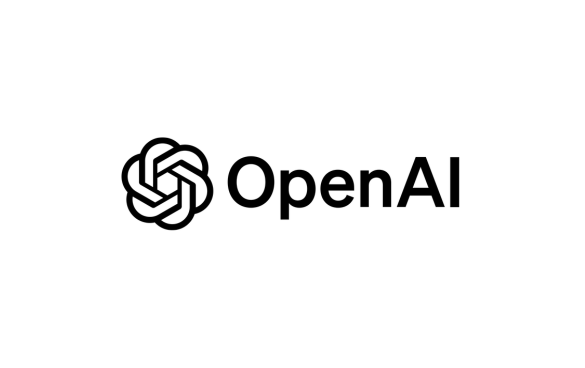In a groundbreaking move, Microsoft has revealed its most significant keyboard transformation in three decades, introducing an artificial intelligence (AI) key that grants users access to Copilot, Microsoft’s advanced AI tool, on the latest Windows 11 PCs.
This innovation comes as a result of Microsoft’s substantial investment in OpenAI, the driving force behind the AI capabilities of Copilot. The integration of AI into various products, including Microsoft 365 and Bing search, marked a notable milestone for the tech giant in 2023.
Notably, Microsoft’s rival, Apple, has incorporated a Siri button or option on its MacBooks’ touch bars for several years.
Copilot, designed to assist users with tasks such as searching, composing emails, and creating images, is at the forefront of Microsoft’s technological advancements.
Yusuf Mehdi, Microsoft’s executive vice president, referred to this development as a “transformative” moment, drawing parallels to the introduction of the Windows key nearly 30 years ago. Mehdi emphasized that the AI key would “simplify” and “amplify” the overall user experience.
Anticipated to be featured in new products starting February, Microsoft will showcase these innovative keyboards with the Copilot key at the upcoming CES tech event in Las Vegas next week.
When Copilot was integrated into Office 365 products like Word, PowerPoint, and Teams, it demonstrated its ability to summarize meetings, compose emails, and create presentations. The tool has also found its way into Microsoft’s Bing search engine.
According to Professor John Tucker, a computer scientist at the University of Swansea, the introduction of this dedicated key is a “natural step” and underscores the company’s commitment to this feature’s potential to engage users across various products. However, he noted that the minimal evolution of keyboards over the past 30 years is not a point of pride.
While Windows 11 users can currently access Copilot by pressing the Windows key + C, the new AI key signifies Microsoft’s emphasis on the feature and its potential to unify users across its product ecosystem.
It’s worth noting that Google, the world’s leading search engine, has its own AI system called Bard. Microsoft’s partner, OpenAI, introduced the powerful AI tool ChatGPT in 2022, prompting competitors to hurriedly release their own versions. Copilot itself is built upon OpenAI’s GPT-4 large language model.
The UK’s competition watchdog is currently examining Microsoft’s relationship with OpenAI following boardroom upheaval that led to a close association between the two companies.


